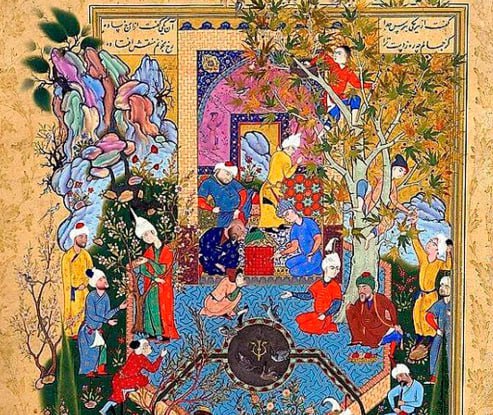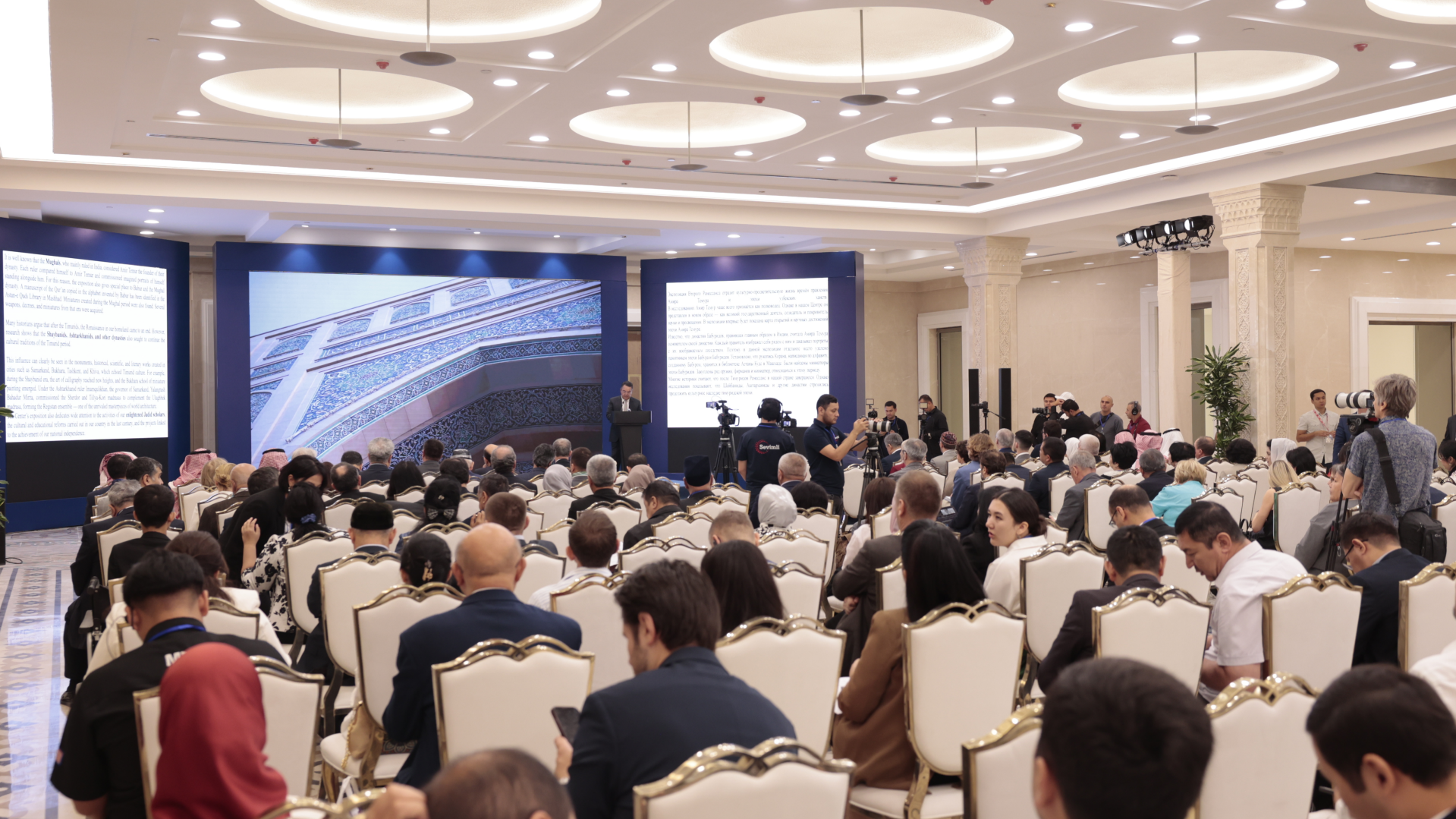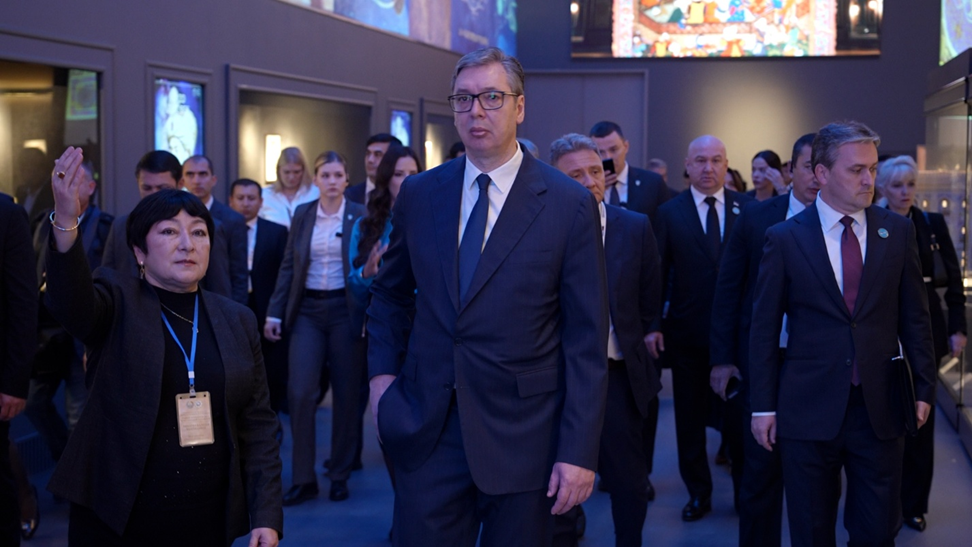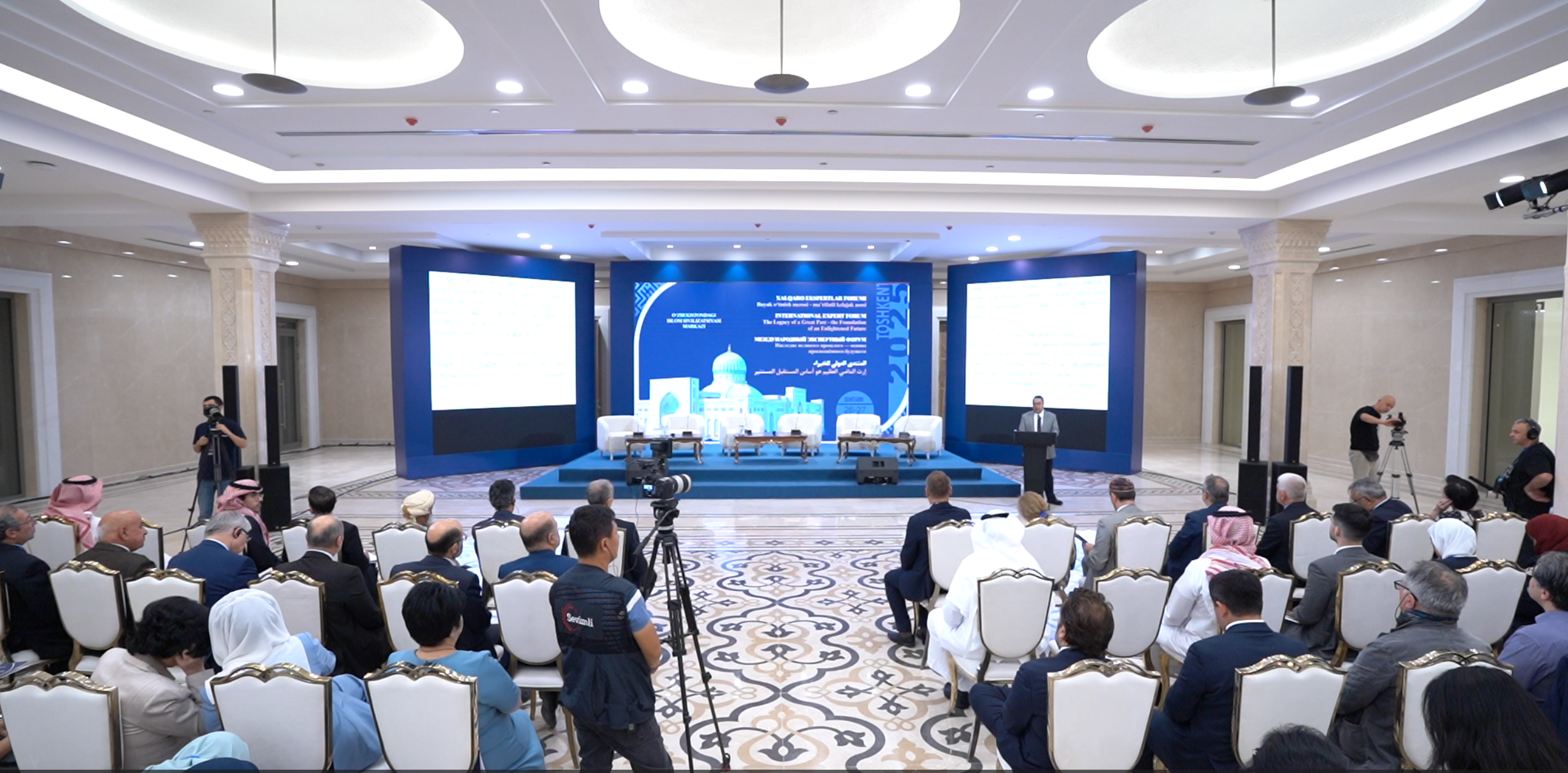The Couplets Poet — the literary legacy of Atoi to be promoted

There are poets whose collections remain unknown, and there are poets who become famous for just a single couplet. In classical literary criticism, such verses are called shohbayt — “sovereign couplets”. Atoi is recognized as one such poet. The following couplet is considered one of the “shohbayts” that brought him widespread renown:
“That beloved who sits with her skirt spread by the water’s edge
So delicate is her form, she could dissolve into the water itself”.
Atoi, one of the most prominent figures of Turkic literature before Alisher Navoi and a master of Uzbek ghazal poetry, lived and created during the second half of the 14th century and the first half of the 15th century. Being a descendant of the Yasavi Sufi lineage, he was known as Shaykhzoda Atoi. Through a few generations, he traces his lineage directly to Khwaja Ahmad Yasavi, the “Shaykh of all Shaykhs” of Turkestan.
Little is known about the poet’s biography: the date and place of his birth, the cities in which he lived, and even his real name remain unclear.
Only one divan (poetry collection) of Mawlana Atoi has survived to our time, consisting of 260 ghazals. It is currently preserved in the Institute of Oriental Manuscripts in St. Petersburg under the catalog number 22 B-2456.
Atoi was the uncle of Alisher Navoi and also one of his first literary mentors.
He holds a significant place in the history of Uzbek literature as someone who deeply influenced Navoi’s spiritual formation and poetic worldview.
In Atoi’s poetry, themes such as love for God, spiritual purity, self-discipline, and asceticism occupy a central place. This makes his work one of the finest examples of Sufi literature. His verses skillfully combine colloquial expressions with classical poetic forms, reflecting his esteemed status both among the common people and in royal circles.
Alisher Navoi revered him as a “master of poetic imitation”. In his own ghazals, Navoi continued Atoi’s achievements in both form and content, and at times composed naziras (poetic responses) to Atoi’s works. The spiritual bond between these two poets serves as a vivid example of generational continuity in our literary tradition.
Atoi was not only a poet but also a spiritual educator who promoted the purification of the human soul and the idea of moral and intellectual elevation through goodness and knowledge. Today, his legacy is studied as a valuable scientific and cultural heritage in the ongoing process of reviving national identity and spirituality.
The Atoi’s Literary Legacy media project, implemented by the Center of Islamic Civilization in Uzbekistan, aims to bring the knowledge and ideas of this great literary figure closer to the public and to convey his rich spiritual heritage to the younger generation.
Most read

Over 100 experts from more than 20 countries of the world are in Tashkent!

President of Serbia Aleksandar Vučić visited the Islamic Civilization Center in Uzbekistan

The Center for Islamic Civilization – a global platform leading towards enlightenment











